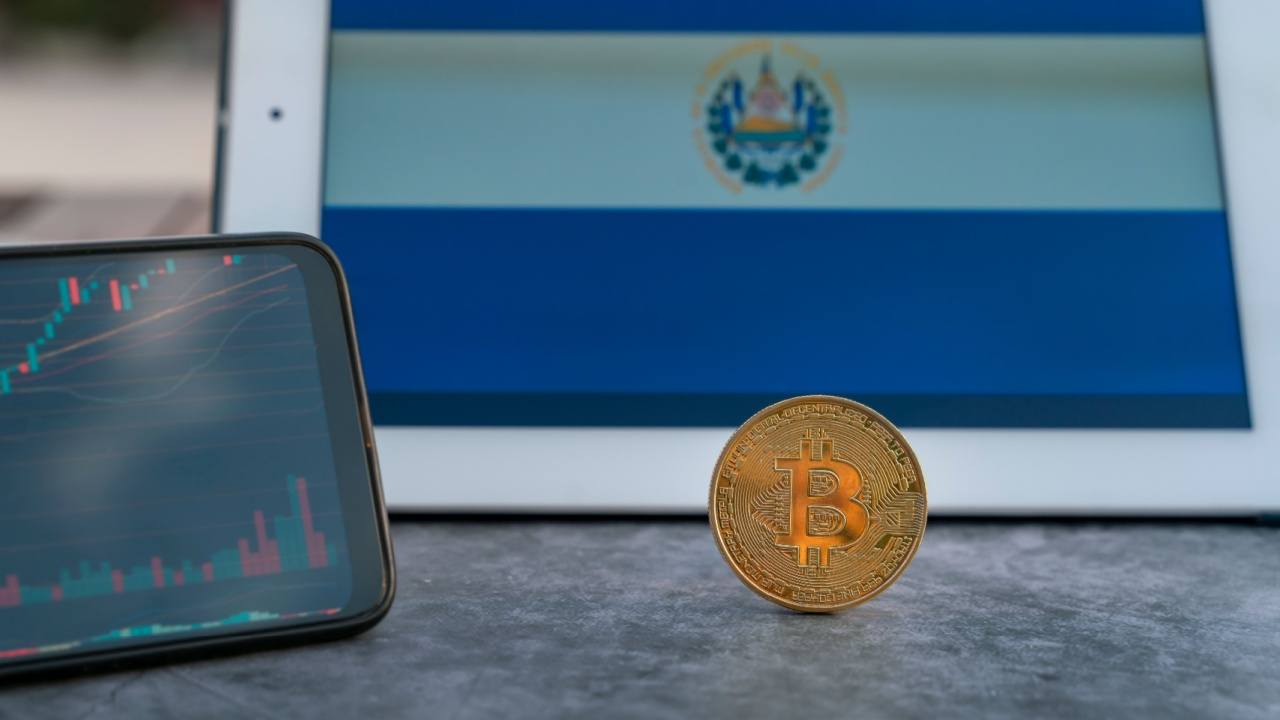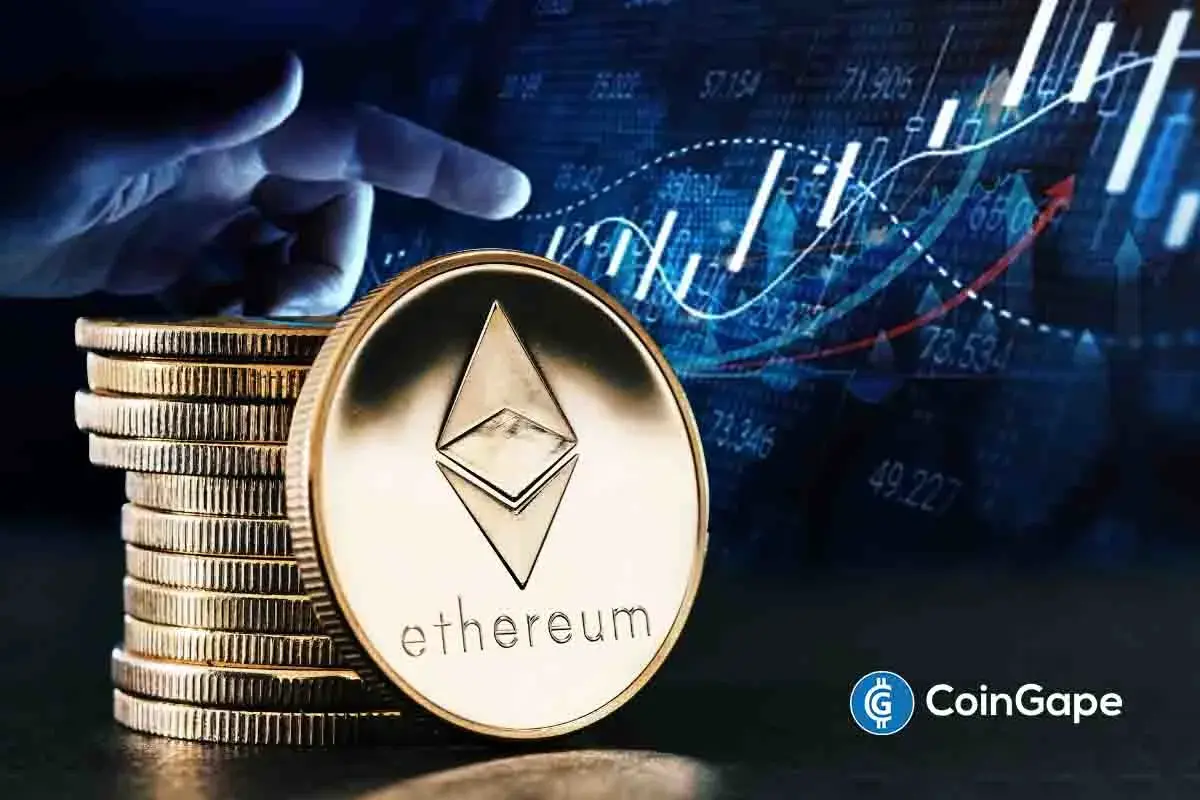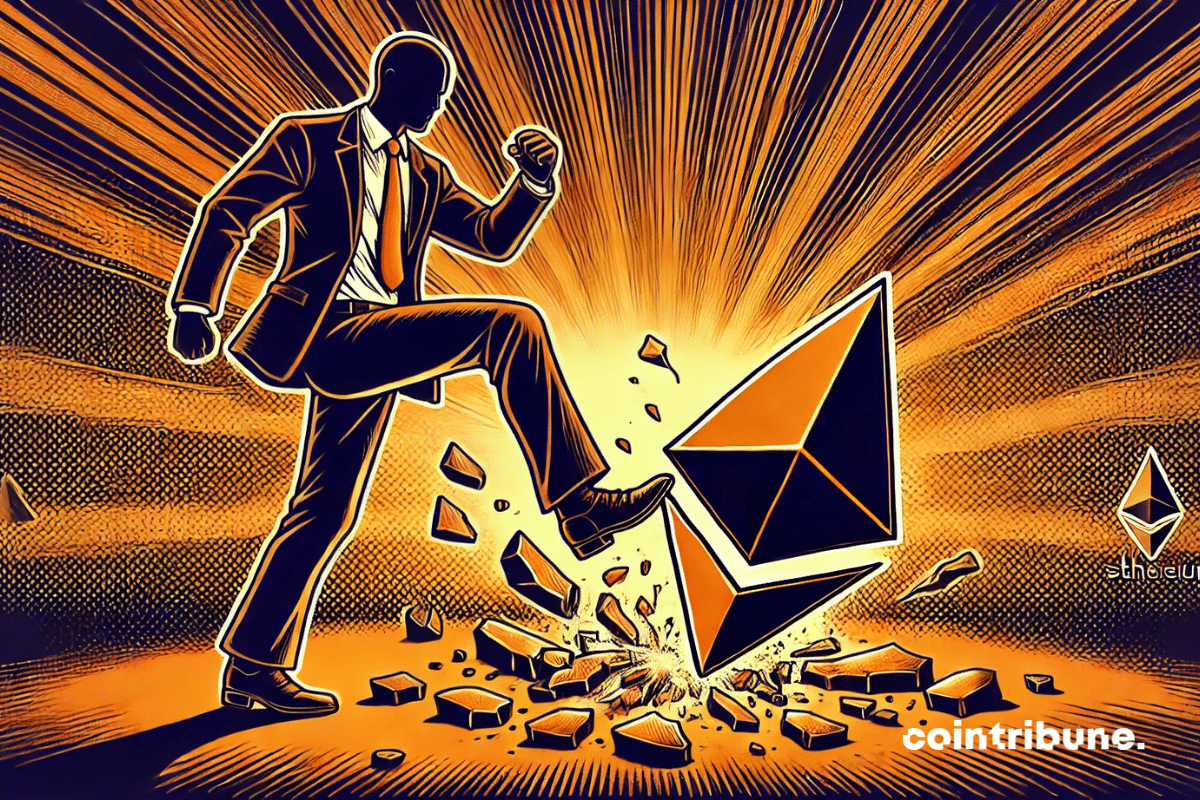Artificial Intelligence: A Sustainable Investment in the Digital Economy
In a recent interview with CoinDesk, Scott Stuart, co-founder of Kava Labs, made a bold statement about the future of Artificial Intelligence (AI) tokens. He expressed his belief that AI tokens have long-term staying power and won’t be another crypto fad like Non-Fungible Tokens (NFTs), despite the industry’s past failures.
Why AI Tokens are Different from NFTs
Stuart explained that the fundamental difference between AI tokens and NFTs lies in their purpose and utility. NFTs, which gained significant popularity in 2021, represent ownership of unique digital assets. However, they lack intrinsic value and functional use cases beyond being a collector’s item or a status symbol.
The Value Proposition of AI Tokens
AI tokens, on the other hand, provide tangible value by enabling advanced functionalities in AI applications. They can be used to access computing resources, data, and services, making them a crucial component of the rapidly growing AI market.
The Future of AI in the Digital Economy
According to a report by Grand View Research, the global AI market size was valued at USD 62.35 billion in 2020 and is expected to grow at a compound annual growth rate (CAGR) of 27.2% from 2021 to 2028. This growth is driven by increased adoption of AI in various industries, including healthcare, finance, retail, and manufacturing.
Impact on Individuals
For individuals, the rise of AI tokens can lead to new investment opportunities and potential financial gains. As the demand for AI services increases, so does the value of the tokens that power these services. Moreover, AI tokens can provide access to advanced AI applications, enabling users to streamline their workflows and improve productivity.
Impact on the World
At a global level, the adoption of AI tokens can lead to significant advancements in various sectors. For instance, in healthcare, AI tokens can be used to access advanced medical data analytics and facilitate personalized treatment plans. In finance, they can enable more efficient financial transactions and risk assessments. Additionally, AI tokens can contribute to the development of smart cities and autonomous transportation systems.
Conclusion
In conclusion, AI tokens represent a sustainable investment in the digital economy, offering tangible value and utility beyond being a mere trend. Their role in powering advanced AI applications and services makes them a crucial component of the rapidly growing AI market. As individuals and businesses increasingly adopt AI solutions, the demand for AI tokens is expected to grow, leading to new investment opportunities and potential financial gains for early adopters.
- AI tokens provide tangible value and utility, setting them apart from NFTs.
- The global AI market is expected to grow at a CAGR of 27.2% from 2021 to 2028.
- AI tokens enable access to advanced AI applications and services.
- The adoption of AI tokens can lead to significant advancements in various sectors, including healthcare, finance, retail, and manufacturing.





